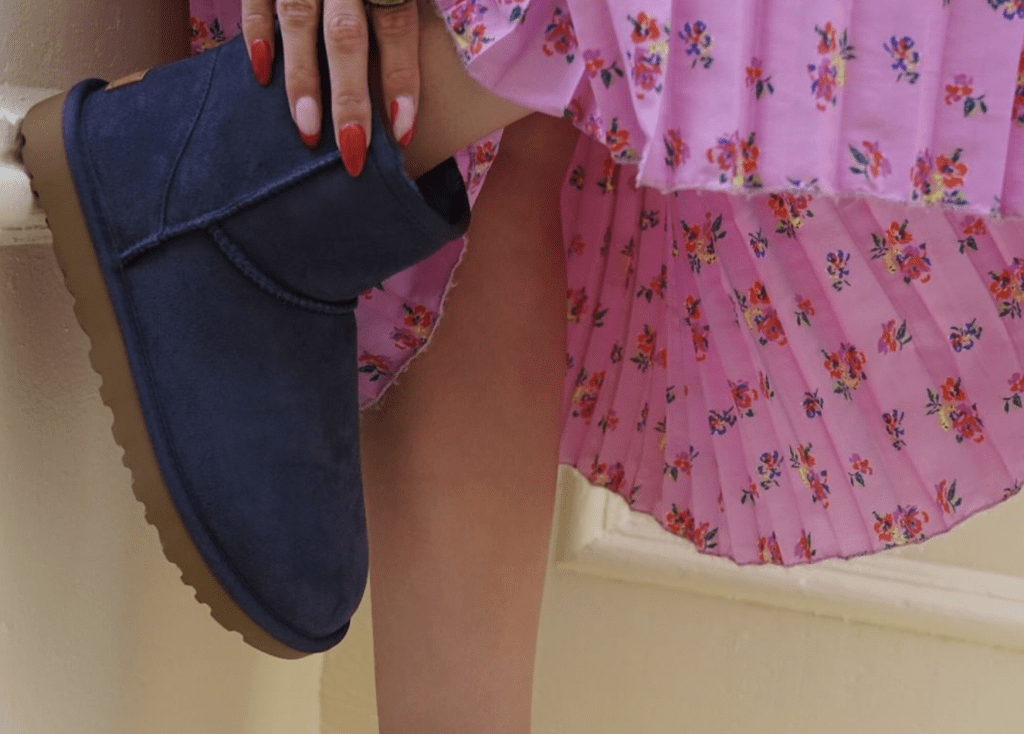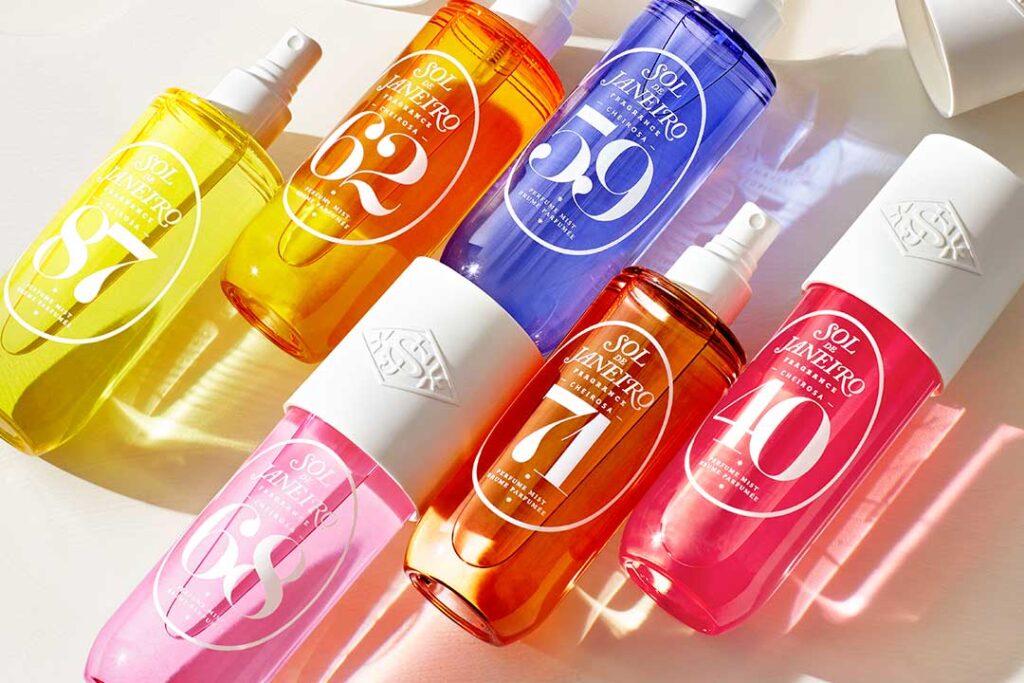Australian-owned brand UGG Since 1974 has announced it will change its name to “Since 74” for sales outside Australia and New Zealand. The news comes amid a long-running globally-reaching trademark battle over the rights to use the name “ugg” to sell the iconic sheepskin boots to which the name commonly refers. More specifically, UGG Since 1974’s decision to change its name follows from years of legal challenges between small Australian manufacturers and Deckers Brands, the American footwear giant that owns UGG.
While the word “ugg” can be used by brands in Australia and New Zealand, where it has become a generic name for sheepskin boots, Deckers maintains the rights to use the “ugg” trademark on footwear in many countries across the globe. It is now pursuing UGG Since 1974 for using the name. UGG Since 1974 is an established maker of a specific style of sheepskin boots, and in fact, its existence predates the establishment of the Deckers-owned brand (by a few years). But locally, uggs are made – and advertised as uggs – by many small Australian manufacturers.
The origins of uggs
Ugg boots are widely understood to have been invented in Australia. They made their first documented appearances on surfers’ feet in the 1950s. By the 1970s, they were commonplace across Australia. In 1981, ug (with one “g”) made its way into the Macquarie Dictionary as a generic term for sheepskin boots. Over the years, they have become an internationally recognized Australian icon. “For Australians, Ugg is not just a particular brand of boot. It is also a generic category of footwear – you know, like cowboy boots or flip-flops,” NPR’s Alexi Horowitz-Ghazi put it a few years ago.
In late 1970s, Australian entrepreneur Brian Smith took the style to California, where the UGG Australia brand would ultimately become a footwear phenomenon. Fast forward to 1995, and Deckers acquired the brand from Smith – eventually dropping “Australia” from the name. Under the watch of its new owner, UGG aggressively pursues Australian companies that attempt to use the term “ugg” both in the U.S. and abroad.
What’s in a (brand) name?
In a headline-making trademark infringement case that it waged against Australian manufacturer Eddie Oygur back in March 2016, Deckers argued that American consumers did not recognize “ugg” as a descriptive term and instead, viewed the word as an indicator of source. That “David v. Goliath” case is an example of the lengths that brands will go to prevent their trademarks from becoming generic can be quite extreme. Another notable example is Chanel, which took out a full-page advertisement in Women’s Wear Daily in 2010 that threatened legal action against journalists who used terms like “Chanel-issime, Chanel-ed, Chanels, and Chanel-ized” to describe other designers’ work.
What makes Deckers’ aggressive trademark enforcement particularly interesting is that it is claiming far-reaching trademark rights in a term that was already generic in its country of origin. This has caused some to question whether trademark rights should have been granted in the first place.
Their actions against smaller Australian brands also appear to contradict their carefully-cultivated brand image. The company’s website and code of ethics promote values like authenticity and cultural engagement, stating the company exists to “positively impact the world by uniting purposeful brands with diverse people.” In many senses, Deckers does maintain impressive standards of corporate social responsibility and holds itself to high standards.
Yet, when it comes to the “ugg” trademark, the company appears to be looking to monopolize a term that has become deeply embedded in Australian culture. And consumers have noticed.
Look no further than its clash with UGG Since 1974, for example, which has garnered backlash. A TikTok post from UGG Since 1974 that details ugg’s lawsuit received 1.1 million likes and 80,000 shares in just two days. Social media users have said they will boycott Deckers Brands in favor of Australian makers.
The controversy highlights a growing tension between intellectual property rights and cultural sustainability. While environmental sustainability is becoming a priority for brands and the media, cultural sustainability – which includes preserving heritage, cultural diversity and local practices – often takes a back seat.
Cultural sustainability
For Todd Watts, the grandson of UGG Since 1974’s founders, the decision to rebrand as “Since 74” outside Australia represents both a legal necessity and a statement of authenticity. His company continues to handcraft boots in Australia using local materials and labor, maintaining a tradition that predates Deckers’ involvement with the product by decades.
And even if they will no longer be called “UGG Since 74,” it is likely the use of ugg as a generic name will stick. While Deckers won the legal right to the ugg name, Australian manufacturers like Watts continue to defend their cultural legitimacy through local production and connection to the product’s heritage.
Alexandra Sherlock is a Lecturer in the School of Fashion and Textiles at RMIT University.














